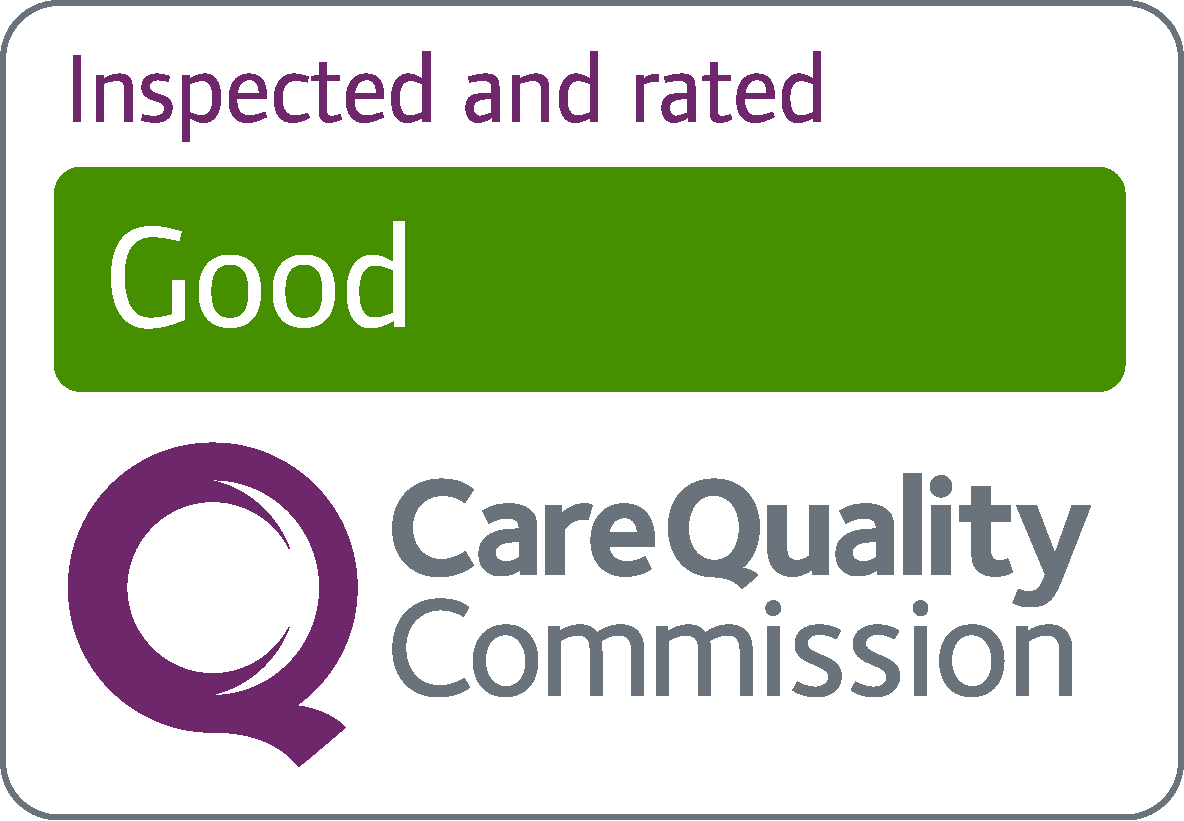Chaperone Policy
Introduction
This Policy aims to safeguard patients and staff from any form of abuse or accusations of abuse. It also aims to empower patients by providing them with the necessary information to make informed choices regarding their examinations and consultations.
Guidelines
Clinicians will assess if an intimate or personal examination of the patient is necessary, regardless of gender, and evaluate if there is a potential for misinterpretation during the consultation.
The clinician will provide the patient with a detailed overview of the examination process.
They will maintain a professional and empathetic approach, being cautious with humor to help ease any nervousness, as it may be misunderstood.
Privacy for undressing and dressing will always be ensured for the patient.
Each Consulting or Treatment Room will prominently display an appropriate sign offering the Chaperone Service.
The guidelines mentioned above aim to eliminate any chance of misinterpretation. Nevertheless, there may arise situations where either the Clinician or the patient feels uneasy, in which case it would be prudent to think about involving a Chaperone.
Patients who ask for a Chaperone will always have a Chaperone present during examinations. In case a Chaperone cannot be provided, the consultation/examination will be rescheduled for a time when a Chaperone is available.
Complaints and claims are not exclusive to doctors treating or examining patients of the opposite gender – there have been numerous instances of alleged assault by both male and female doctors on patients of the same gender.
Staff will always take into account the potential for a malicious accusation by a patient and, if necessary, arrange for a Chaperone to be present.
A Chaperone may be required for a home visit on certain occasions, in which event the outlined procedure will be adhered to.
Who can act as a Chaperone?
Different individuals can serve as a Chaperone in the practice, but those fulfilling the formal Chaperone role will have received training in the necessary competencies. Ideally, Chaperones will be clinical staff who are familiar with the procedural aspects of personal examinations.
In cases where non-clinical staff are designated as Chaperones, patients will be asked to consent to the presence of a non-clinician during the examination and confirm their comfort with this arrangement. These staff members will be trained in the procedural aspects of personal examinations, feel at ease in their role as Chaperones, and possess confidence in the scope of their responsibilities.
They will also be instructed on where to position themselves and what to observe and listen for. Chaperones will make a note in the patient records to indicate their presence and document any relevant issues.
Confidentiality
Confidentiality is of utmost importance. The Chaperone will only be present during the examination itself, while most of the discussion between the healthcare provider and the patient will occur without the Chaperone present.
Patients can rest assured that all staff members in the practice understand the importance of maintaining confidentiality and will not disclose any confidential information.
Procedure
The healthcare provider will contact the front desk to ask for a Chaperone.
If a Chaperone is not available, the healthcare provider may suggest postponing the examination to a later date when one will be present, as long as it won’t negatively impact the patient’s health.
If the healthcare provider wants to have a Chaperone during the examination but the patient disagrees, they will explain clearly the reasons for needing one.
The healthcare provider may consider referring the patient to another colleague who can conduct the examination without a Chaperone, as long as it won’t harm the patient’s health.
The healthcare provider will document in the patient’s notes that a Chaperone was present and will identify the Chaperone.
The Chaperone will discreetly enter the room and stay until the examination is completed.
The Chaperone will be present in the designated area and observe the procedure.
To maintain privacy, the Chaperone will not engage in conversation with the patient or healthcare provider unless asked, and will not discuss the consultation afterwards.
After the examination, the Chaperone will make a note in the patient’s records indicating if everything was normal or if there were any concerns or incidents.
The Chaperone must know the appropriate steps to take if any issues need to be addressed.
The patient has the right to decline a Chaperone, and this decision will be documented in the patient’s medical file.


